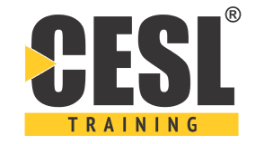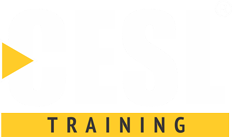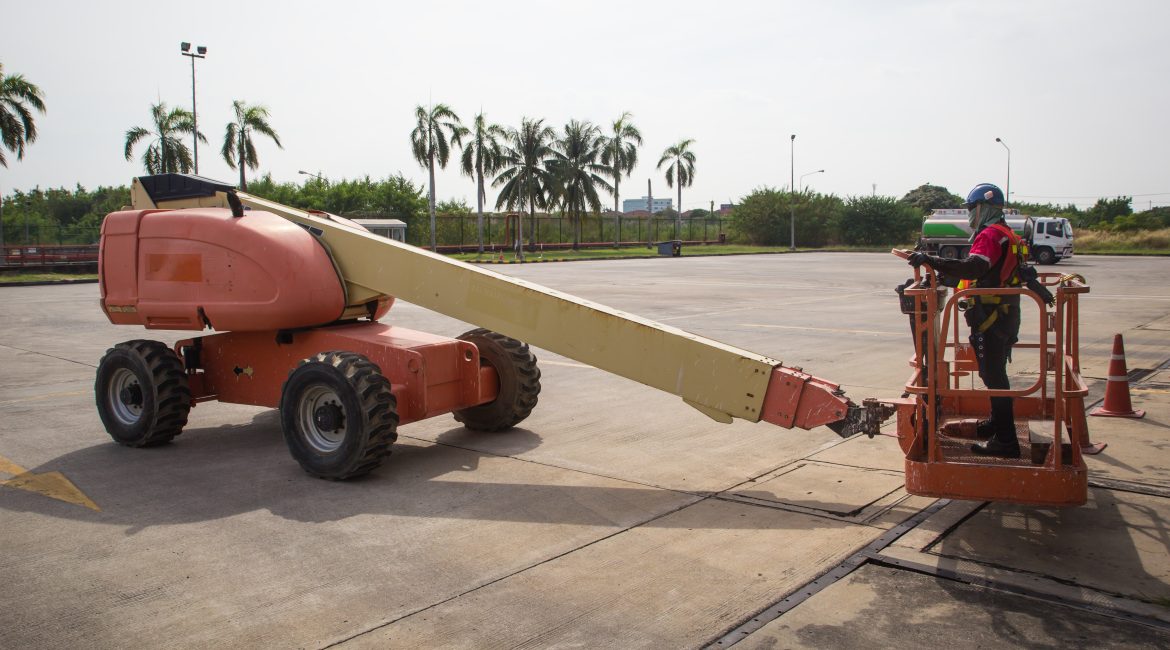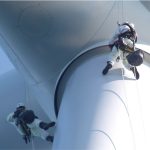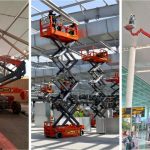MEWP training is essential for ensuring safety and efficiency in aviation maintenance operations. Mobile Elevating Work Platforms (MEWPs) provide the access needed for tasks at heights, from routine inspections to emergency repairs, but their benefits are fully realized only when operators are properly trained. This training enhances both safety and productivity, equipping personnel to handle equipment confidently and efficiently. For airports and aviation-related businesses, investing in MEWP training is a critical step toward safer, faster, and more reliable maintenance operations.
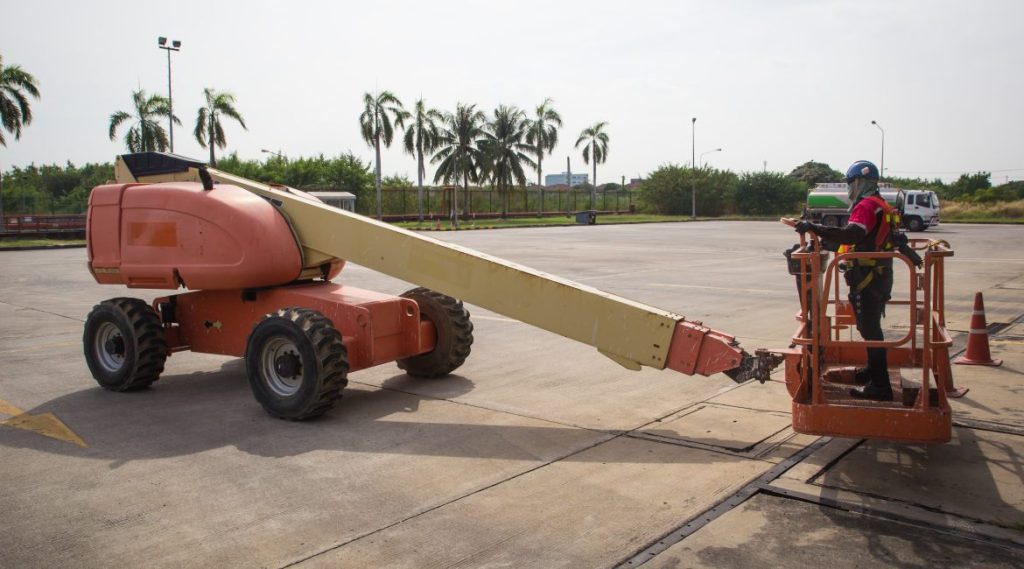
MEWP Training: Key to Safe Aviation Maintenance
Aviation maintenance involves tasks that are often complex and performed under tight deadlines. Whether it’s repairing aircraft, maintaining airport infrastructure, or handling other high-risk operations, the use of MEWPs is essential. However, the effectiveness and safety of these operations heavily depend on the competence of the MEWP operators. Training ensures that operators not only know how to handle the equipment but also understand the specific challenges and safety requirements of the aviation environment.
Top Benefits of MEWP Training in Aviation
- Enhanced Safety Compliance
Safety is the top priority in aviation, and MEWP training is crucial for ensuring that operators can perform their tasks without endangering themselves or others. Key safety benefits include:- Understanding Aviation-Specific Hazards: MEWP training tailored to the aviation industry covers specific hazards such as proximity to aircraft, operating near high-voltage systems, and navigating tight spaces within hangars or terminals.
- Proper Equipment Handling: Operators learn the correct techniques for maneuvering MEWPs in various conditions, reducing the risk of accidents such as tip-overs or collisions.
- Emergency Preparedness: Training includes protocols for handling emergencies, such as equipment malfunctions or unexpected environmental conditions, ensuring quick and effective responses that minimize harm.
- By improving safety compliance, MEWP training helps reduce accidents, injuries, and potential downtime, all of which are critical for maintaining smooth airport operations.
- Increased Operational Efficiency
Well-trained MEWP operators contribute to higher productivity by performing maintenance tasks more efficiently. Training helps operators:- Maximize Equipment Use: Operators are taught how to fully utilize the capabilities of MEWPs, allowing them to complete tasks faster and more accurately. This includes understanding the optimal settings for different tasks and conditions.
- Reduce Downtime: Trained operators are better equipped to conduct pre-operational checks and identify potential issues early, preventing equipment failures and reducing downtime.
- Streamline Workflow: With proper training, operators can work more seamlessly within maintenance teams, coordinating tasks effectively and minimizing disruptions.
- Enhanced efficiency leads to cost savings, as tasks are completed quicker and with fewer interruptions, allowing for better management of maintenance schedules.
- Improved Risk Management
Aviation maintenance involves significant risks, and MEWP training plays a key role in managing these risks. Training programs typically include:- Risk Assessment Skills: Operators learn how to conduct thorough risk assessments before using MEWPs, identifying potential hazards and implementing mitigation strategies.
- Adherence to Safety Protocols: Training reinforces the importance of following established safety protocols, reducing the likelihood of accidents caused by human error.
- Documentation and Reporting: Operators are trained in proper documentation practices, ensuring that all maintenance activities are recorded accurately, which is crucial for audits and safety compliance.
- By improving risk management, MEWP training helps create a safer work environment, which is essential for maintaining the trust and confidence of all stakeholders in the aviation industry.
- Regulatory Compliance and Certification
The aviation industry is governed by strict safety and operational regulations. MEWP training programs are designed to ensure that operators meet these standards, which include:- Compliance with OSHA and ICAO Regulations: Training ensures that operators understand and adhere to the Occupational Safety and Health Administration (OSHA) and International Civil Aviation Organization (ICAO) guidelines, which are crucial for legal and safety compliance.
- Certification: Upon completing training, operators receive certification that validates their competence, which is often required by employers and regulatory bodies.
- Maintaining regulatory compliance not only enhances safety but also protects aviation businesses from potential legal and financial penalties.
Conclusion
MEWP training is an essential investment for any aviation maintenance operation. By enhancing safety compliance, increasing operational efficiency, improving risk management, and ensuring regulatory compliance, this training helps create a safer, more productive work environment. At CESL, we offer specialized MEWP training programs tailored to the needs of the aviation industry. Our training ensures that your maintenance team is equipped with the skills and knowledge they need to perform their duties safely and efficiently, contributing to the overall success of your airport operations.
